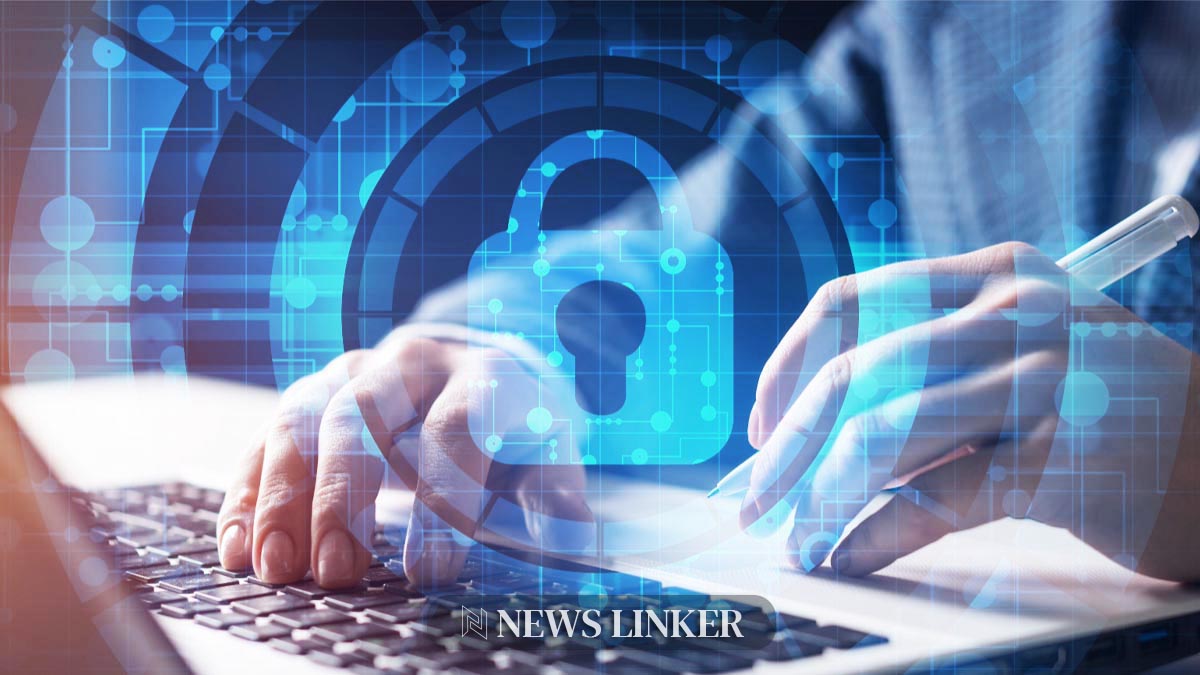Healthcare organizations face stringent requirements to protect sensitive patient information under the Health Insurance Portability and Accountability Act (HIPAA). Virtual Private Networks (VPNs) offer a critical solution by encrypting data transmissions across public networks, ensuring the confidentiality and security of electronic Protected Health Information (ePHI). This article explores how HIPAA-compliant VPNs bolster data protection through encryption and user authentication, significantly reducing unauthorized access risks. In addition to the primary focus, the article highlights the benefits of business VPNs in maintaining HIPAA compliance.
Developments in VPN technology have consistently reinforced their role in securing healthcare data. Initially, VPNs were primarily used to secure remote access to corporate networks. Over the years, their functionality has expanded to include robust encryption protocols and advanced user authentication methods. This evolution has made VPNs indispensable in healthcare, where data breaches can have severe consequences. Compared to earlier versions, modern VPNs now offer higher encryption standards, such as AES-256, which were previously exclusive to military-grade applications. These enhancements ensure that ePHI remains confidential during transmission, making VPNs a reliable tool for HIPAA compliance.
Earlier, managing user access to sensitive health information was complex and less secure. Traditional methods relied on basic password protection, which is now considered insufficient against sophisticated cyber threats. Modern VPNs have introduced multi-factor authentication (MFA) to verify user identities, significantly improving security measures. Additionally, VPNs now provide detailed activity reports and network visibility, enabling organizations to track access attempts and maintain compliance with HIPAA regulations. These advancements demonstrate how VPN technology has adapted to meet the increasing demands of healthcare data security.
Data Encryption and User Authentication
VPNs play a vital role in encrypting data to protect ePHI. Using algorithms like AES-256, VPNs ensure that data transmitted over public networks remains unreadable to unauthorized parties. This level of encryption is crucial for maintaining the confidentiality and integrity of patient information. VPNs also enforce robust user authentication, often requiring strong passwords or multi-factor methods. These security measures verify user identities before granting access to ePHI, thereby minimizing unauthorized access risks and enhancing overall data protection.
Key Benefits of Business VPNs
Business VPNs offer numerous advantages for healthcare organizations aiming to comply with HIPAA regulations. They ensure secure remote access to data, allowing healthcare professionals to work efficiently from various locations. VPNs also protect against cyber threats and data breaches, providing a secure environment for handling sensitive information. Moreover, VPNs make compliance audits straightforward by offering detailed logging and monitoring capabilities. These features collectively strengthen an organization’s HIPAA compliance posture.
Choosing the Right VPN for HIPAA Compliance
Selecting a suitable VPN for HIPAA compliance entails evaluating several critical factors. Organizations should ensure the VPN uses robust encryption protocols and adheres to a stringent no-logs policy to maintain data privacy. Additionally, options with dedicated IP addresses and network segmentation can offer enhanced security. It’s essential to check for certifications related to HIPAA compliance and robust access controls, including multi-factor authentication. Scalability and 24/7 customer support are also vital considerations to ensure the VPN can adapt to changing needs and provide immediate assistance.
User-Usable Inferences
- Select VPNs with AES-256 encryption to protect ePHI effectively.
- Use VPNs offering multi-factor authentication to enhance user verification.
- Opt for VPNs with a no-logs policy to ensure data privacy.
- Prioritize VPNs supporting network segmentation for additional security.
- Ensure the VPN provider has HIPAA compliance certifications.
As healthcare organizations continue to navigate the complexities of HIPAA compliance, VPNs remain a crucial asset in safeguarding patient information. It is evident that VPNs have significantly evolved, offering advanced encryption and robust user authentication to meet stringent regulatory requirements. By carefully selecting the right VPN, healthcare providers can ensure secure data transmission, protect against unauthorized access, and facilitate compliance audits. Understanding the specific needs and capabilities of various VPN options can help organizations make informed decisions, ultimately enhancing the security of sensitive health information.










